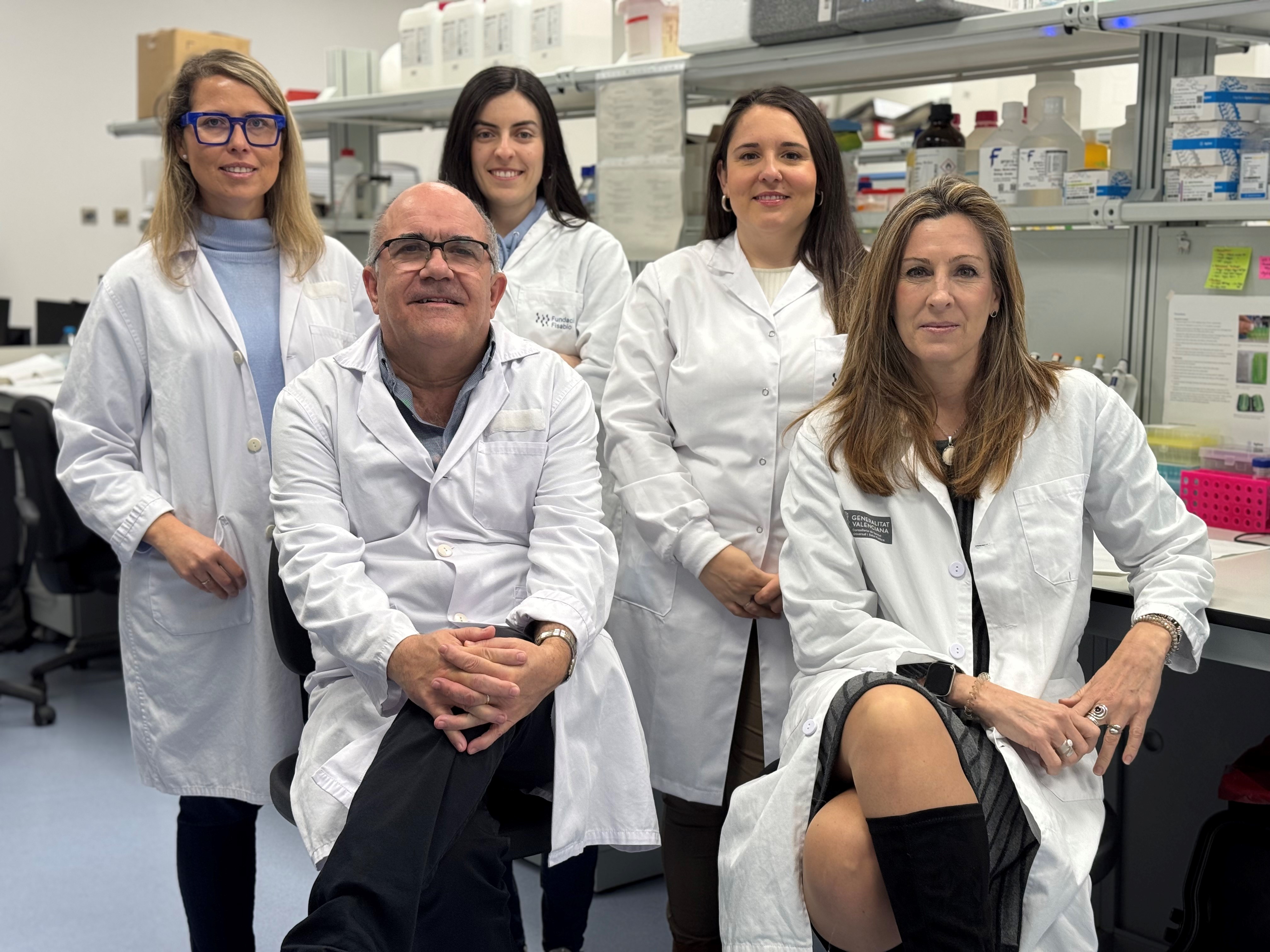
The Endocrinology and Nutrition Service of the Doctor Peset University Hospital, through the Foundation for the Promotion of Health and Biomedical Research of the Valencian Community (Fisabio) of the Valencian Department of Health and the University of Valencia, has published a study confirming the benefits of calorie restriction on the body.
The study, published in the journal Free Radical Biology and Medicine, reveals that reducing calorie intake without leading to malnutrition can have positive effects on the immune system cells of people with obesity. This approach not only helps with weight loss, but also improves cellular function at the molecular level, which could have key implications for treating obesity-related diseases.
The research focuses on how calorie restriction influences two key biological processes: mitochondrial dynamics and autophagy. Mitochondria are the structures within our cells responsible for generating the energy required for proper functioning. Autophagy, on the other hand, is the process through which cells "clean" and recycle damaged components, helping to maintain overall cellular health.
In people with obesity, these functions are often impaired, leading to chronic inflammation and insulin resistance, which can contribute to disease complications. However, the study has shown that when calorie intake is reduced, these cellular processes improve significantly. Mitochondria function more efficiently and cells are better able to remove damaged components, contributing to better overall bodily functioning.
Obesity is a risk factor for developing severe health problems, such as cardiovascular diseases and type 2 diabetes, among others. Additionally, people with obesity often have less efficient immune cells. Researchers suggest that calorie restriction could be a way to improve metabolic health and reduce the risk for these individuals without necessarily resorting to pharmacological treatments.
Dr Milagros Rocha, head of the Fisabio research group at the Doctor Peset University Hospital, explains that calorie restriction not only helps to reduce body weight, but also has cellular-level effects that may help combat inflammation and other obesity-related health issues.
"These results are promising because they show which molecular mechanisms could be responsible for the beneficial effects of a low-calorie diet. Understanding these mechanisms could help develop new treatments to prevent or treat inflammatory and metabolic diseases", says Rocha.
A new approach to treating obesity
The study opens the door to new treatment strategies that do not focus exclusively on medication, but rather on lifestyle changes such as diet. Although calorie restriction is not a definitive solution, its effects on cellular health could provide a complementary and effective approach to improving the quality of life for people with obesity.
The next step for researchers is to determine the ideal level of calorie restriction to achieve these benefits without causing negative effects, as an excessively drastic reduction in calories can be dangerous to health.
This advancement highlights the importance of calorie restriction as a potential tool to improve the health of people with obesity, not only by aiding weight loss, but also by enhancing cellular function and the immune system. The research results are promising and could represent an important step towards more accessible and long-lasting future treatments to combat the effects of obesity.
The research was funded by the Carlos III Health Institute, the Ministry of Science and Innovation, the Spanish Diabetes Society, the Department of Education, Culture, Universities and Employment of the Valencian Government, and co-financed with European Union's ERDF Funds "A way to make Europe".
Article reference: Zaida Abad-Jiménez et al. «Calorie restriction modulates mitochondrial dynamics and autophagy in leukocytes of patients with obesity». Free Radical Biology and Medicine, Volume 225, 2024, Pages 677-686, ISSN 0891-5849, https://doi.org/10.1016/j.freeradbiomed.2024.10.295

.jpg)








